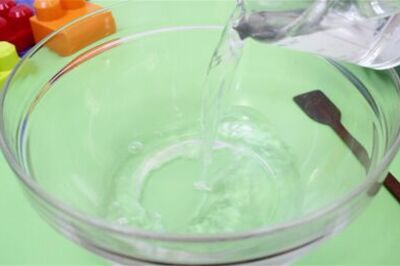
views
A lot of cities in South East Asia are suffering from the danger of dengue, with India, Pakistan, Nepal and Bangladesh being the worst sufferers. In Pakistan, the dengue cases are on a rise with 3500 people being speculated as suspected dengue patients. The constant increase has led the medical practitioners to issue a warning on Sunday, to advise the residents to avoid self-medication in case of having dengue symptoms. The common symptoms of dengue include fever, body aches, joint pain and vomiting.
According to a spokesman of Pakistan Institute of Medical Sciences (PIMS), Dr Wasim Khawaja said that instead of taking medicines home and taking self-medication, patients should consult to the doctors. He added that the disease is a recoverable and patients can get relief with the passage of time, advising residents to not create any panic if someone gets dengue virus.
He also briefed about the hospital Pakistan Institute of Medical Sciences in the city is on alert mode for the disease. As many as 3500 blood samples have already been to laboratory for blood tests. The hospital has been provided with adequate medicines and kits for blood tests. The hospital has received so far 1750 confirmed dengue patients at its outpatient departments (OPDs), wherein 40 patients are still admitted in the hospital and receiving medical treatment. In addition, an added isolation room has been allocated for dengue patients at PIMS.
Dr Khawaja added, “The symptoms of dengue are persistently high fever, rashes, headache and pain in the joints. In the acute cases the platelets number decrease drastically which could prove fatal for the patient. Infants and young children may have a non-specific febrile illness with a rash as older children and adults may have either a mild febrile syndrome or the classical incapacitating disease with an abrupt onset and high fever, severe headache, pain behind the eyes, muscle and joint pains and rash.”
Talking about mosquitoes and the breeding, he said, “Mosquitoes breed primarily in containers like earthenware jars, metal drums and concrete cisterns used for domestic water storage, as well as discarded plastic food containers, used automobile tyres and other items that collect rain water. The citizens should remain vigilant to condense the spread of dengue virus.”




















Comments
0 comment